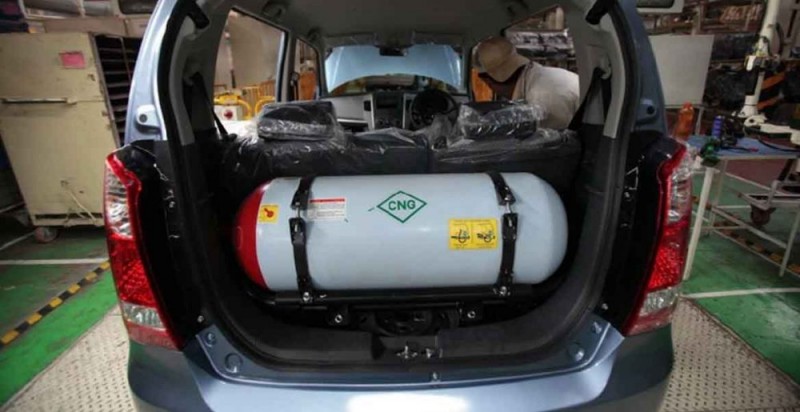
Compressed Natural Gas (CNG) vehicles offer several environmental benefits, but they come with their fair share of drawbacks. Safety concerns are among the most critical issues associated with CNG cars.
Vulnerability to Fire Hazards
One of the primary concerns with CNG vehicles is their susceptibility to fire hazards. CNG is highly flammable, and any leakage or mishandling can lead to catastrophic consequences.
Increased Risk of Explosions
The high-pressure tanks used to store CNG pose a significant risk of explosion in the event of an accident. Even a minor collision can rupture these tanks, resulting in a potentially fatal explosion.
Limited Refueling Infrastructure
Another drawback of CNG cars is the limited availability of refueling stations. Unlike gasoline or diesel, CNG refueling stations are not as widespread, making it challenging for CNG car owners to find convenient locations to refill their tanks.
Reduced Driving Range
CNG vehicles typically have a shorter driving range compared to traditional gasoline or diesel cars. This limitation is due to the larger storage tanks required for CNG, which take up valuable space and add weight to the vehicle, reducing overall fuel efficiency.
Conversion Costs
Converting a vehicle to run on CNG can be expensive. While the long-term savings on fuel costs may offset the initial investment for some drivers, others may find the upfront expense prohibitive.
Maintenance Challenges
CNG vehicles require specialized maintenance to ensure safe operation. This includes regular inspections of the fuel system, tanks, and valves to detect any leaks or damage that could compromise safety.
Limited Vehicle Options
Although the availability of CNG vehicles is increasing, the selection remains limited compared to gasoline or hybrid options. This can make it challenging for consumers to find a CNG car that meets their preferences and needs.
Environmental Impact
While CNG is cleaner burning than gasoline or diesel, it still produces emissions that contribute to air pollution and climate change. Additionally, the extraction and transportation of natural gas can have negative environmental consequences, such as methane leakage and habitat destruction. While CNG vehicles offer some advantages in terms of environmental friendliness and fuel cost savings, they also come with significant safety concerns and drawbacks. From the risk of fire and explosions to limited refueling infrastructure and reduced driving range, drivers must weigh the pros and cons carefully before choosing a CNG vehicle.
Indian Airlines Expand Fleets Amid Rising Air Travel Demand
If You're Taking a Stroll with a Young Child in Summer, Keep These 5 Things in Mind
These beautiful villages of India will fascinate you, here is the complete list